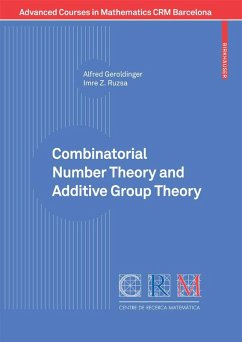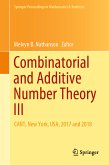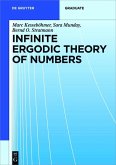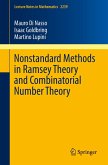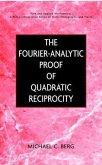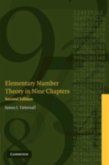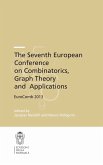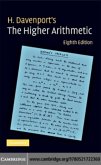The first part centers on the interaction between non-unique factorization theory and additive group theory. The main objective of factorization theory is a systematic treatment of phenomena related to the non-uniqueness of factorizations in monoids and domains. This part introduces basic concepts of factorization theory such as sets of lengths, and outlines the translation of arithmetical questions in Krull monoids into combinatorial questions on zero-sum sequences over the class group. Using methods from additive group theory such as the theorems of Kneser and of Kemperman-Scherk, classical zero-sum constants are studied, including the Davenport constant and the Erdös-Ginzburg-Ziv constant. Finally these results are applied again to the starting arithmetical problems.
The second part is a course on the basics of combinatorial number theory (or additive combinatorics): cardinality inequalities (Plünnecke's graph theoretical method), Freiman's theorem on the structure of sets with a small sumset, inequalities for the Schnirelmann and asymptotic density of sumsets, analogous results for the measure of sumsets of reals, the connection with the Bohr topology.
The third part of the volume collects some of the seminars which accompanied the main courses. It contains contributions by C. Elsholtz, G. Freiman, Y. O. Hamidoune, N. Hegyvari, G. Karolyi, M. Nathanson, J. Solymosi and Y. Stanchescu.
Dieser Download kann aus rechtlichen Gründen nur mit Rechnungsadresse in A, B, BG, CY, CZ, D, DK, EW, E, FIN, F, GR, HR, H, IRL, I, LT, L, LR, M, NL, PL, P, R, S, SLO, SK ausgeliefert werden.
"Combinatorial number theory revolves in some sense around Goldbach's conjecture, which serves as a prototype of the kind of problems involved. ... On the whole, the book is quite technical and aimed principally to researchers or PhD students. The prerequisites are a good acquaintance with general commutative algebra, algebraic number theory and elementary group theory." (Fabio Mainardi, The Mathematical Association of America, October, 2009)

